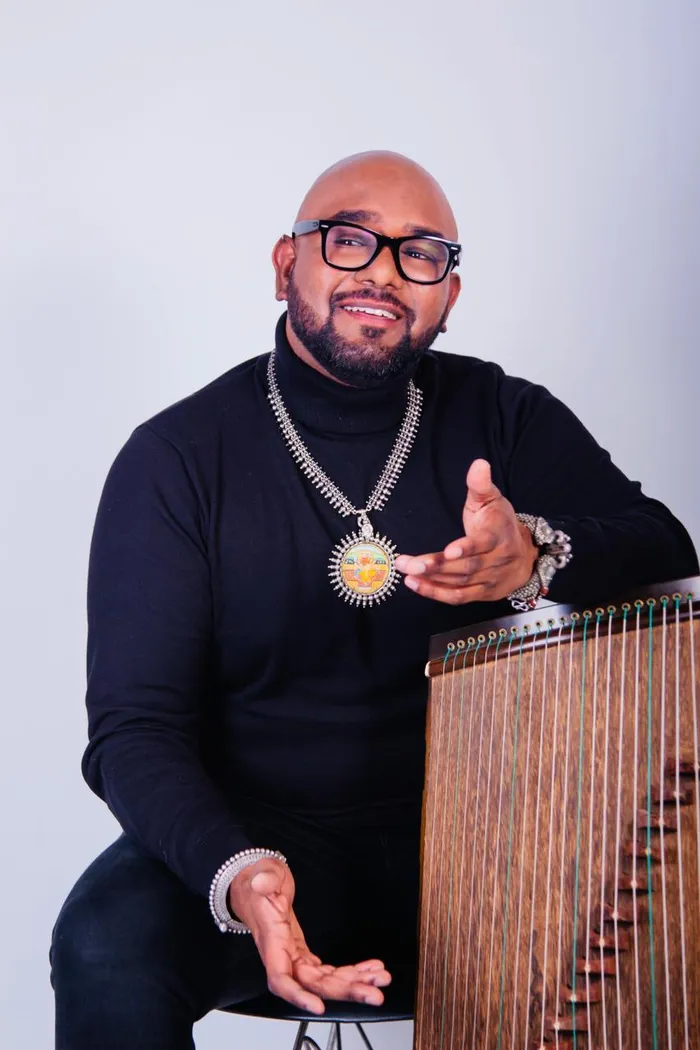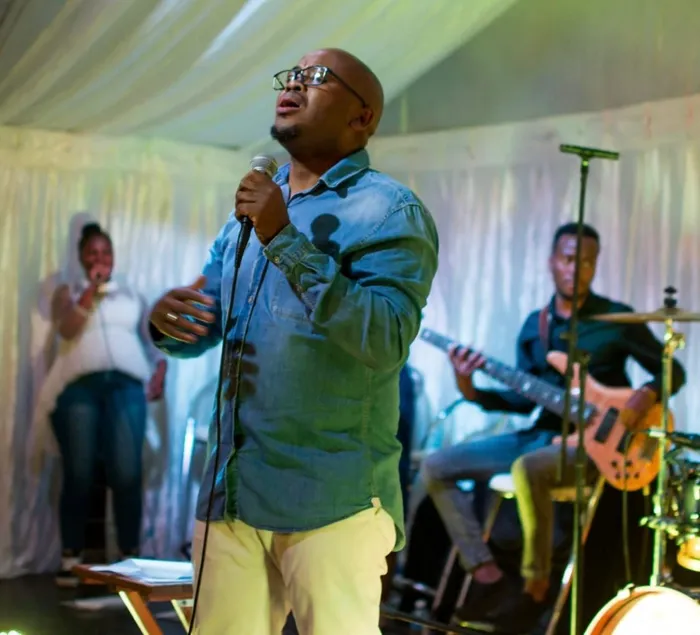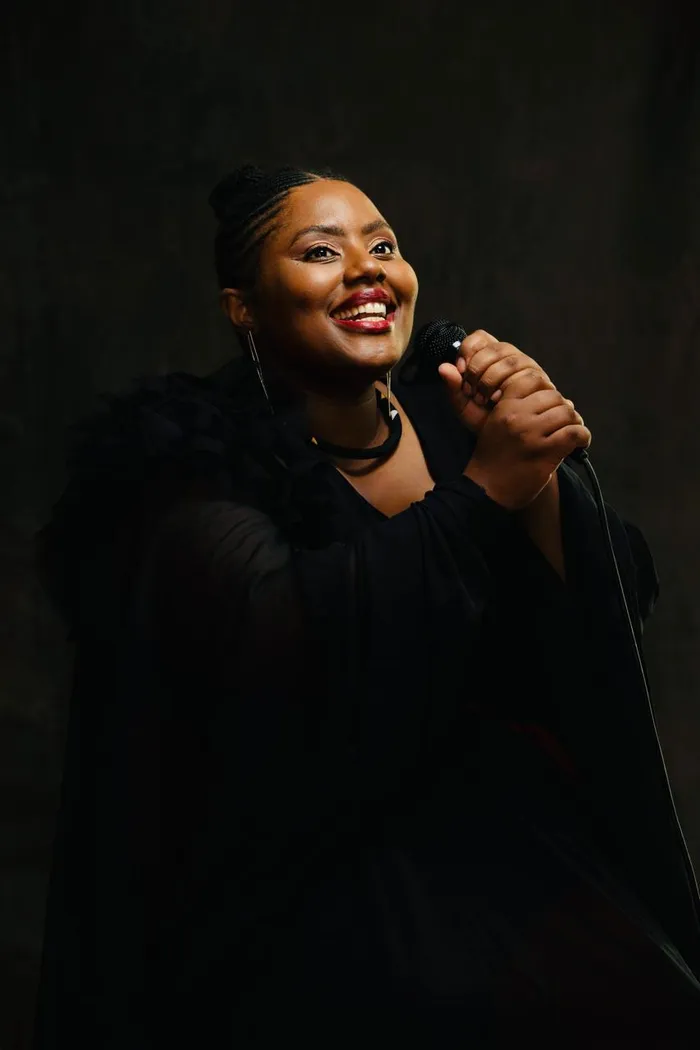Hitting the right notes in celebrating South Africa’s rich heritage through music

Musician and creative director Kerolin Govender champions the fusion of South Africa's diverse musical traditions, advocating for unity through cultural exchange.
Image: Supplied
In a reflection of South Africa’s unique cultural landscape, musician Kerolin Govender advocates for the embraceingof the country’s rich diversity through music as a vehicle for change.
He emphasises that the various musical traditions in South Africa—African, Indian, and more—should be at the forefront of efforts to foster inclusivity, echoing the visions of icons like Nelson Mandela and other struggle heroes.
Govender is a vocalist born in South Africa and the creative director of Jivanmukta Music.
“I felt like during this time, sharing this Indo-African exchange kind of allows for people to now engage and have a taste of a unique sense of music,” Govender said.
“I want Indian people to listen to African music, and I want African communities or black communities and white communities and so on to listen to Indian music and vice versa.”
Govender said it was more like a cultural exchange, but learning at the same time.
“If you take away our heritage, all people have no identity,” Govender said about celebrating Heritage Day.
He said South Africa was rooted in multiple facets. It has been through pain and struggle, and despite that, the country has unconditional love for the world.
“We don’t realise how music, art and culture, even when it comes to food and dance, and everything, have influenced the world. South Africa is, I think, a powerhouse. We have so much power in the world that we are change makers because of our history and our heritage,” Govender said.
Govender added that as a country, we must recognise that our differences, far from dividing us, are actually a catalyst for unity. While our similarities draw us together, it is through our unique cultural and communal distinctions that we gain the invaluable opportunity to learn from and understand one another.
“It’s a space for us to have conversation. We can do this because, for 31 years, despite the challenges we face, we remain a resilient nation,” Govender said.
“I believe art is one of the main tools to be that agent of change in the country.”
Govender will lead concerts timely, coinciding with Heritage Month and 31 years of democracy. The Johannesburg concert features Indo-African, ghazal, film, semi-classical, and Sufi traditions with vocalist Motseki Tsese. The Durban concert unites Govender with vocalist Thulile Zama for a soulful dialogue. The final Durban concert, a transcendent experience, weaves Indian semi-classical, Sufi, ghazals, world, and Afro-fusion sounds, featuring Zama and cellist Nina Watson.

Vocalist Motseki Tsese emphasises the importance of celebrating South Africa's diversity, using music as a bridge to foster meaningful conversations.
Image: Supplied
Tsese, said: “As a country, given our past, we need to celebrate our diversity, which sort of unified us as a country. Having meaningful conversation, through music as well, focusing on what our similarities are.”
He said they will sing their cultural music and some songs that will also bridge, like gospel and religion.
Tsese said they say you won't know where you are going to if you do not know your past.
“We need to take pride in terms of our roots as well as our rich stories as South Africans,” Tsese said.

Vocalist Thulile Zama highlights the responsibility of creatives to promote social cohesion, honouring the struggles of past generations while embracing the richness of their heritage.
Image: Supplied
Zama said it is important for us to exercise our privilege of social cohesion and being a one nation.
“I find us as creatives, it is our responsibility to exercise these rights because the people that came before us didn’t have such privileges and had to literally hide and not be able to be together and do things together,” Zama said.
Zama said because she had a music teacher who made her fall in love with classical Indian music, people can expect surprises, which, besides the jazz and the Afro that they know her for.
“I might throw in a surprise here and there with the classical Indian stuff,” Zama said.
She stressed the importance of Heritage Day for South Africa’s diverse population, emphasising the need for future generations to understand and celebrate their collective heritage and backgrounds.
“So definitely for the next generation and for the people that came before us,” Zama said.